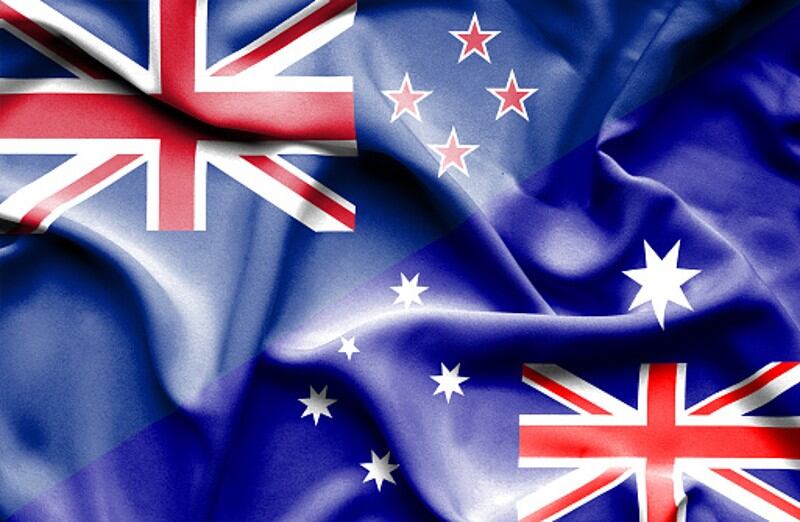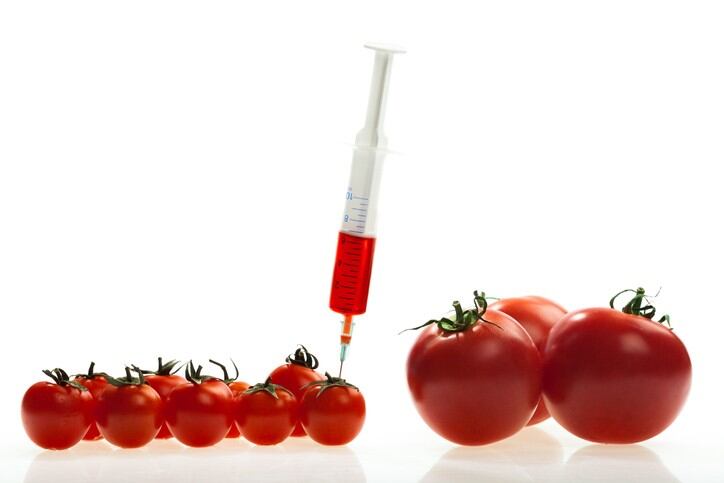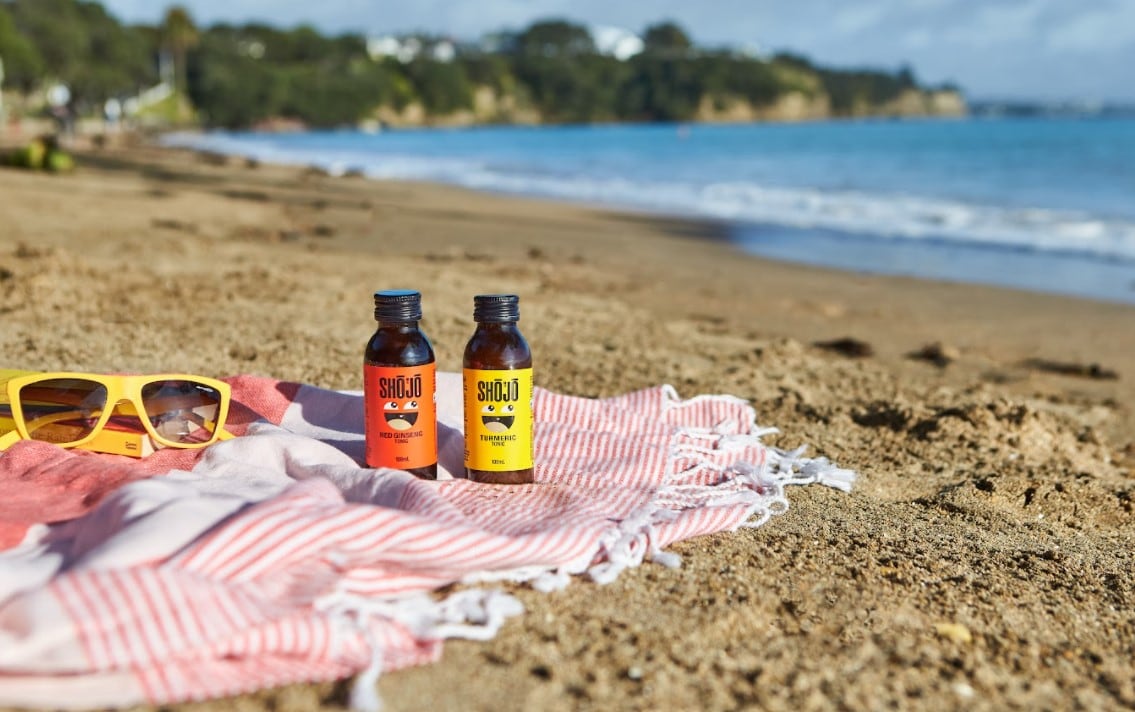High pressure: Aussie retailers urged to prioritise sodium reformulation for private label products
Retailers in Australia should prioritise the sodium reformulation of private label products, which could help prevent over 500 deaths annually, according to a modelling study.
Conducted by researchers at The George Institute for Global Health (Australia) and the University of Washington School of Medicine (US), it is estimated that over 500 deaths and more than 1,900 new cases of cardiovascular disease (CVD), chronic kidney disease (CKD) and stomach cancer can be prevented every year in Australia if all food companies were to reformulate their products to comply with the Australian government’s sodium targets.
The study also described how more than half (59%) of the 500 deaths could be prevented by just five dominant food companies complying with the targets. These five companies are grocery retailers and manufacturers who have high market share in Australia, and are estimated to account for between approximately 5.8% to 18.5% of averted deaths, from reformulation in processed meat, bread, crumbed and battered proteins and sausages products.
In Australia, the food retail landscape is dominated by a small number of companies and the market share of their private-label products has grown rapidly over the last decade.
“Our findings suggest that reformulation of private label products should be prioritised by retailers in Australia to help achieve most of the health gains from the sodium reformulation program,” researchers wrote in PLOS Medicine.
Big step with Baby Shark: Aussie organic brand Whole Kids expands at home with Aldi and abroad with Pinkfong
Australia’s largest organic children’s snacking brand Whole Kids is expanding its presence in its strongholds of ANZ with plans to enter local Aldi stores, as well as launch products into South Korea via a partnership with Baby Shark creator Pinkfong.
The firm has already achieved significant retail success in the Oceania region, having seen 60% and 58% year-on-year growth in Coles and Woolworths supermarkets respectively in Australia, as well as 150% growth in Countdown supermarkets in New Zealand.
This success has given CEO and Co-Founder Monica Meldrum strong confidence to start expanding the firm’s presence, not just locally but into the rest of the APAC region as well.
“We’ve just entered Drakes supermarkets in November, and we have also just signed on with Aldi supermarkets to have our products on shelves in there starting December this year – we’ll start with 13 or so products first, and expand from there,” she told FoodNavigator-Asia.
Fab four: How emerging NZ research can help take high value nutrition products to global markets
New Zealand’s High-Value Nutrition National Science Challenge (HVN NSC) has published updates on how its digestive, immune, infant and metabolic health research programmes are progressing, all of which are designed to foster exports of local products to global markets.
The HVN NSC is on 10-year mission to develop high-value foods with validated health benefits in hopes to increase export revenues from the food and beverage sector by 2025.
Funded by the New Zealand Ministry of Business, Innovation and Employment, the organisation recently published its annual report, providing an update on the progress of the four key programmes from June 2020 to July 2021.
In the digestive health programme, the previous annual report found kiwifruit is comparable to psyllium fibre as a treatment for constipation. This made way for Zespri International Ltd to promote kiwifruit as a locally-grown food and high-value food that benefits wellbeing.
Two new clinical studies are now in the works with industry partners, currently recruiting subjects to study the effect of kiwifruit on constipation and irritable bowel syndrome.
‘Translating trends’: McCormick to use foodservice flavour learnings for retail product innovation in new Aussie HQ
McCormick is hoping to apply the trends it has discovered from global and foodservice markets into innovating new flavour products for retail in Australia, on the back of its new local HQ being launched next year.
McCormick specialises in flavour products, and saw a significant acceleration in retail product sales during the pandemic when many consumers turned to home cooking and flavour experimentation – Now, the firm plans to keep this momentum going post-pandemic by applying its experiences from other sectors to retail product innovation.
“McCormick has always been focused on flavours and providing a wide variety of products, not just selling our own brands to consumers but also flavour solutions to major FMCG firms and the foodservice industry all over the world,” McCormick Australia Managing Director Paris Golden told FoodNavigator-Asia.
Algorithm approach: Researchers in Australia use AI to predict fibre content in packaged foods
Researchers from the University of New South Wales in Sydney have developed a machine learning methodology to predict dietary fibre content in commonly available packaged foods.
Dietary fibre is important for regular laxation and reduces chronic disease risk, and the World Health Organisation recommends at least 25g of fibre daily for adults. However, fibre intake is still under in many countries worldwide. In Australia, adults were consuming only 20g of fibre daily according to Fayet-Moore et al. (2018).
Currently, the labelling of fibre content of packaged products is voluntary in Australia, unless a fibre content claim is made. This makes it difficult for consumers to make informed food purchase decisions for policy makers to monitor trends in the fibre content of packaged foods.





